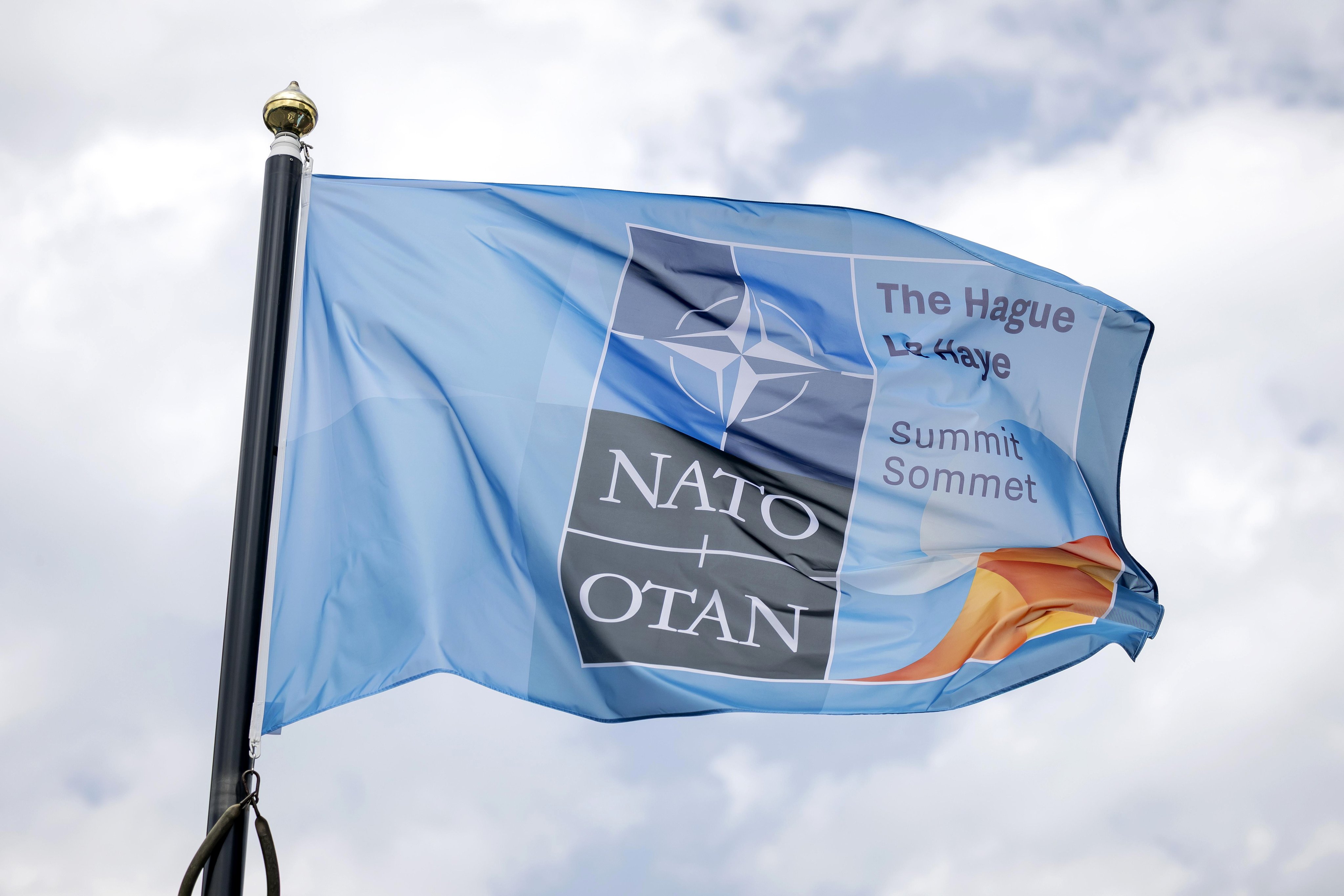Nato has shelved plans to open a liaison office in Tokyo, dealing a symbolic blow to Japan’s hopes of cementing the alliance’s presence in the Indo-Pacific and exposing divisions among member states over how directly they should confront China’s rising power.
The proposal had been strongly backed by former prime minister Fumio Kishida’s government, which viewed the planned office as a step towards closer coordination with Nato and its partners in the region, including Australia, South Korea and New Zealand.
But officials confirmed on the sidelines of the alliance’s ongoing summit in The Hague that the plan had been dropped – at least for now.
Analysts say the decision is unlikely to derail growing military cooperation between Japan and key Nato members, but note that it will be perceived in Tokyo as a missed opportunity to formalise Japan’s role as a trusted partner in global security.
“Yes, there will be disappointment in Japan as they were very much in favour of this, but Tokyo knows there are many ways to enhance the relationship with Nato rather than through the opening of an office,” said Ryo Hinata-Yamaguchi, associate professor at Tokyo International University’s Institute for International Strategy.
“It is not clear exactly why this decision was reached and there will be questions over whether Nato did not want an office in the Asia-Pacific region or Japan specifically,” he said. “But things can change in the future and it would be fairly easy to resurrect the plan again.”
The idea for a Nato office in Tokyo was first raised in January 2023, when then Nato secretary general Jens Stoltenberg visited Tokyo and held talks with Kishida. At the time, Japanese officials framed the initiative as a communications hub to facilitate dialogue between Nato and its Indo‑Pacific partners.
For Nato, the office would have underscored growing strategic alignment with Japan – the United States’ most prominent security ally in Asia. Tokyo signalled its seriousness by relocating its Nato mission from the Japanese embassy in Belgium to a dedicated office inside the alliance’s Brussels headquarters.
While Japan has never sought membership in Nato, it has stepped up efforts in recent years to project itself as a reliable global actor, taking part in joint exercises and security consultations, particularly as concerns mount over China’s assertiveness and North Korea’s weapons programmes.
However, some analysts believe the shelving of the Tokyo office reflects broader geopolitical recalibrations within the alliance – in particular, a shift in Washington’s strategic outlook under President Donald Trump and growing concern in European capitals about provoking Beijing.
“I think it is apparent that the present US administration has a simplistic view that Europe should focus on what is happening in Europe and Asian countries on Asia,” said Robert Dujarric, co-director of the Institute of Contemporary Asian Studies at the Tokyo campus of Temple University.
Given Washington’s pre-eminence in the organisation, along with other members’ desire to avoid offending Trump out of concern that he might follow through with earlier threats to withdraw from the alliance, shelving the Tokyo office plan should not come as a surprise, he added.
Other countries had also expressed reservations, he pointed out, with both France and Germany opposed on the grounds that they wanted to avoid further antagonising China, a key trade partner.
And while the Japanese government has made no statement on the Nato decision, conservative media outlets were furious when French President Emmanuel Macron expressed his opposition back in 2023 and are likely to hold the same position now.
In July 2023, the Financial Times quoted Macron as saying, “If … we push Nato to enlarge the spectrum and the geography, we will make a big mistake.”
Philippe Setton, the French ambassador to Tokyo, echoed the French leader’s position, saying, “Although we do not support the opening of a Tokyo office, we do believe it is important to strengthen the cooperative relationship between Nato and Japan.”
The conservative Sankei newspaper at the time condemned that position, declaring in an editorial, “France shares responsibility for peace and stability in the world. As its leader, President Macron should not cower before China.”
The editorial added that if France “adopts a policy of turning a blind eye to the growing Chinese threat, it will throw the unified position of the Group of Seven industrialised nations into disarray”.
With questions raised over the commitment of some European nations to Ukraine in its war with Russia, there is concern in Tokyo that many governments will be even less inclined to support Taiwan should mainland China invade, leaving Japan in a precarious position.
